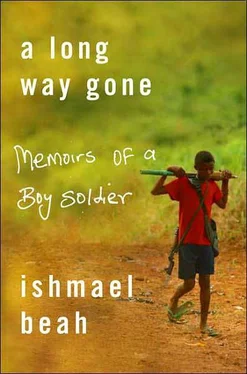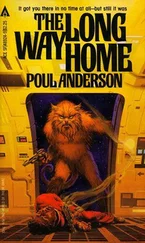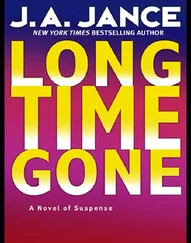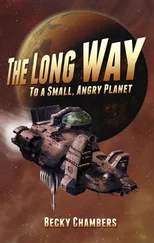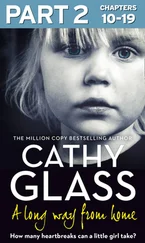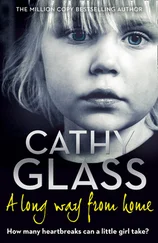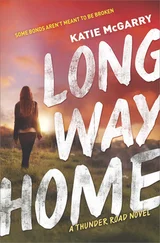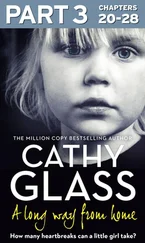Armed men had forcefully taken most of the food in the city from shops and markets, and imports of food from outside the country and from the provinces to the city had been stopped. What little was left had to be sought in the midst of the madness. Laura Simms had been sending me money and I had saved some of it, so Mohamed and I decided to go to town to try and buy some gari , cans of sardines, rice, anything we could find. I knew that I would risk running into my former military friends, who would kill me if I told them I wasn’t part of the war anymore. But at the same time I couldn’t just stay home. I had to find food.
We had heard of a secret market in town conducted in a yard behind an abandoned house where otherwise unavailable food items were sold to civilians. They sold the items at twice the regular price, but the trip seemed worth the risk and expense. We headed out early in the morning, terrified of seeing someone we knew. We kept our heads down as we hurried past young rebels and soldiers. We arrived as the vendors were just beginning to put their food products out. We bought some rice, some palm oil, salt, and fish; by the time we were done, the market was filling up with people hurriedly trying to buy whatever they could afford.
As we were about to leave, an open Land Rover roared up and armed men jumped off before it came to a halt. They ran into the crowd of civilians, firing a warning shot. Over a megaphone the commander ordered everyone to put down their bags of food, put their hands behind their heads, and lie flat, facing the ground. A woman in the crowd panicked and decided to run. An armed man in a red headband shot her in the head. She screamed and fell, loudly hitting the stony ground. This caused more panic, and everyone scattered in different directions. We grabbed our goods and ran crouching. This was beginning to be too familiar.
While we were running away from the area, another Land Rover full of more armed men arrived, and they began firing and knocking people’s heads with the butts of their guns. We hid behind a wall separating the marketplace and the main street, then kept to a fast but cautious path behind the houses off the bay. Almost at the end of the bay, where the tide slammed a sunken boat, we jumped on the main street with our goods tucked under our arms and began the final walk home. We were approaching the Cotton Tree at the center of town when we saw a group of protesters run by, holding posters that read STOP THE KILLING and the like. They wore white shirts and their heads were tied with white cloths. We tried to ignore them, but as we turned a corner to continue home, a group of armed men, half in civilian and half in military clothing, ran toward us, firing into the crowd. There was no way to break from the crowd, so we joined them. The armed men began tossing tear gas. Civilians began to vomit on the sidewalks and bleed through their noses. Everyone started running toward Kissy Street. It was impossible to breathe. I put my hand over my nose, which felt as if it had been dipped in hot spices. I held tight to the bag of food and ran with Mohamed, trying not to lose him in the crowd. Tears ran down my cheeks, and my eyeballs and eyelids felt heavy. I was getting furious, but I tried to contain myself, because I knew I couldn’t afford to lose my temper. The result would be death, since I was now a civilian; I knew that.
We continued to run with the crowd, trying to find a way out and head home. My throat began to ache. Mohamed was coughing until the veins on his throat were visible. We managed to break free, and he put his head under the public pump. Suddenly another group of people came running toward us, as fast as they could. Soldiers were pursuing them, so we too began to charge ahead, still carrying our food.
We were now in the midst of student protesters on a street lined with tall buildings. A chopper that had been cycling above started to descend and move toward the crowd. Mohamed and I knew what was going to happen. We ran for the nearest gutter and dove in. The chopper swept down to street level. As soon as it was about twenty-five meters from the protesters, it spun around and faced them sideways. A soldier sitting in the open side opened fire with a machine gun, mowing down the crowd. People ran for their lives. The street that a minute before had been filled with banners and noise was now a silent graveyard full of restless souls fighting to reconcile their sudden deaths.
Mohamed and I ran head down through alleyways. We came to a fence that faced a main street on which there was a roadblock. Armed men patrolled the area. We lay in the gutter for six hours, waiting for nightfall. Chances to escape death were better at night, because the red track of the bullets could be seen in the dark. There were others with us. One, a student in a blue T-shirt, had a sweaty face, and every few seconds he wiped his forehead with his shirt. A young woman, probably in her early twenties, sat with her head between her knees, trembling and rocking. Against the wall of the gutter, a bearded man whose shirt was stained with someone else’s blood sat holding his head in his hands. I felt bad about what was happening, but was not as scared as these people, who had not experienced war before. It was their first time, and it was painful to watch them. I hoped that Uncle would not worry too much about our whereabouts. More gunshots and a cloud of tear gas floated by. We held our noses until the wind took the gas away. Nightfall seemed so far away, it felt like waiting for Judgment Day. But as it must, night finally came, and we made it home, crouching behind houses and jumping fences.
My uncle was sitting on the verandah, tears in his eyes. When I greeted him, he jumped up as if he had seen a ghost. He embraced us for a long time and told us not to go to the city anymore. But we had no choice. We would have to, in order to get food.
The gunshots didn’t cease for the next five months; they became the new sound of the city. In the morning, families sat on their verandahs and held their children close, staring at the city streets where gunmen roamed in groups, looting, raping, and killing people at will. Mothers wrapped their trembling arms around their children each time the gunshots intensified. People mostly ate soaked raw rice with sugar or plain gari with salt, and listened to the radio, hoping to hear some good news. Sometimes during the day, there were several plumes of smoke rising from houses that had been set on fire by gunmen. We could hear them excitedly laughing at the sight of the burning houses. One evening, a neighbor who lived a few doors down from my uncle’s house was listening to a pirate radio station that accused the new government of committing crimes against civilians. A few minutes later, a truck full of soldiers stopped in front of the man’s house, dragged him, his wife, and his two older sons outside, shot them, and kicked their bodies into the nearby gutter. My uncle vomited after we had seen the act.
For the first three weeks people were so afraid that they didn’t dare to leave their houses. But soon enough, everyone got used to the gunshots and the madness. People began going about their daily business of searching for food, even though stray bullets were likely to kill them. Children played guessing games, telling each other whether the gun fired was an AK-47, a G3, an RPG, or a machine gun. I mostly sat outside on the flat rock with Mohamed and we were both quiet. I was thinking about the fact that we had run so far away from the war, only to be caught back in it. There was nowhere to go from here.
I had lost contact with Laura in New York for more than five months. Before that, she and I had constantly written letters to each other. She would tell me what she was doing and ask that I take good care of myself. Her letters came from all over the world, where she had storytelling projects. Recently I had tried calling her collect every day, but was unsuccessful. The phones at Sierra-tel, the national telephone company, weren’t going through anymore. Each day I sat on the verandah with my uncle and cousins looking toward the city. We had stopped listening to the storytelling cassette, as curfews started before dark. My uncle laughed less and less, and sighed more and more. We continued to hope that things would change, but they kept getting worse.
Читать дальше
